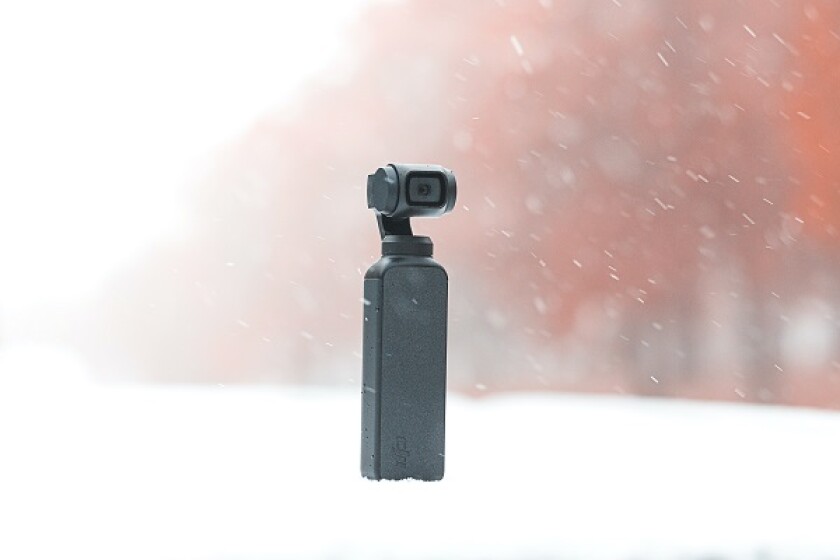On October 28 2021, the Enlarged Board of Appeal (EBA) issued its reasons for decision G 1/21 on the legality of the conduct of oral proceedings in the form of a videoconference (ViCo). The decision lays down that during a general emergency impairing the parties’ possibilities to attend in-person oral proceedings at the EPO premises, the conduct of oral proceedings before the boards of appeal by way of ViCo is compatible with the European Patent Convention even without the consent of all parties to the proceedings. The decision is specifically concerned with oral proceedings at the appeal stage only and is therefore not immediately applicable to oral proceedings at the first instance.
Regarding the parties’ right to oral proceedings enshrined in Article 116 EPC, the EBA holds that the term ‘oral proceedings’ is not limited to the specific form that was known at the time the EPC was drawn up, and that it would be at odds with the object and purpose of the EPC if the intention of the legislator was to exclude future formats for oral proceedings that might be made possible by technological progress.
In the context of the parties’ fundamental right to be heard pursuant to Article 113 EPC, the EBA expresses the view that in-person oral proceedings for now are the optimum format, even though the right to be heard or the right to fair proceedings, according to the EBA, can in fact be respected in the ViCo format. The in-person format should, however, be the default option.
With respect to the conduct of oral proceedings by way of ViCo in the absence of the parties’ consent, the EBA notes that there must be circumstances that justify not holding the oral proceedings in person. Such circumstances may, e.g. relate to impairments affecting the parties’ ability to travel in case of a pandemic.
Even though decision G 1/21 specifically addresses oral proceedings in appeal, there seems to be nothing that suggests that the reasons of the EBA would not be applicable to oral proceedings within the meaning of Article 116 EPC in general. It remains to be seen if the EPO adopts the findings of G 1/21 in respect of oral proceedings before the departments of first instance.
Jakob Pade Frederiksen
Partner, Inspicos P/S











